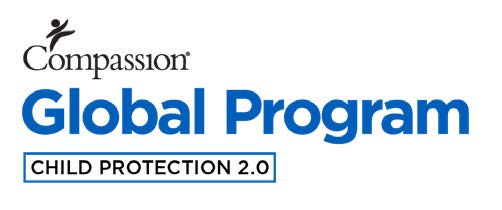Symptoms of Trauma
This is a list of common symptoms individuals experience after trauma. This may be helpful when explaining to people who have experienced trauma how what they are feeling (physically, emotionally, mentally) connects to what they experienced. Many people believe they are the only ones to feel the way they are feeling. It can be helpful to know that they are not alone, and their symptoms are “normal reactions to abnormal situations.”
- Teeth grinding
- Stomach/intestine trouble, nausea
- Headaches
- Panic attacks
- Long-term incontinence/bed wetting
- Hyperactivity
- Great sadness, crying
- Agitation or “feeling like I am on edge” consistently
- Aggressive and oppositional behavior
- A loss of interest in play
- Desires to take more chances, engage in risky behavior
- Compulsive behaviors
- Relationship troubles (examples: withdrawal or social phobias)
- Easily irritated – snapping at people “for no reason”
- Withdrawing
- Anxiety
- Inability to get the “pictures in my mind” to go away
- Trouble going by the location of the accident or traumatic event – not wanting to return
- Preoccupation with the traumatic event – thinking and/or talking about it all the time
- Flashbacks or intrusive memories, especially if something associated with the scene is repeated (some-one wearing the same clothes as the victim, a smell that was present at the scene, similar noises – like sirens, flashing lights, etc.)
- A sudden onset of phobias
- Wanting to sleep ALL the time
- Changes in appetite – not hungry to overeating
- Separation, refusing to be separated from adult caregivers
- Sleeping in their bedroom or trouble sleeping (night terrors, nightmares)
- Going to the nanny, daycare, school or church
- Being in the presence of a particular person
- The dark (over and above or change from a child’s “normal” or developmentally typical fear of the dark)
- Certain objects (that they were previously not afraid of)
- Going to the bathroom
- Loss of balance
- Thumb sucking
- Loss of developmental milestones, like potty training or regression in language
- Have difficulty studying
- Stop attending classes, absenteeism
- Have difficulty concentrating, failing grades
- Create games or drawing that depicts the violence
